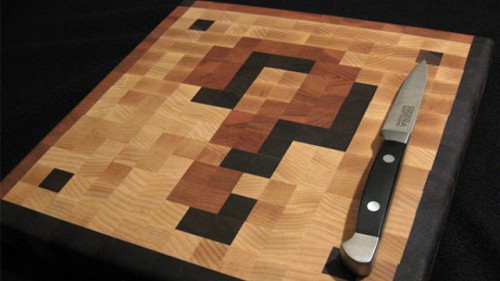The once red hot real estate market has had some air let out of its balloon. Last year the federal government tightened mortgage rules, capping the maximum mortgage amortization at 25 years for high ratio mortgages (buyers with less than a 20 per cent down payment) to avoid a major housing correction. Vancouver has been among the hardest hit – home sales reached their lowest level since 2001 in April. 30-year mortgage are still available for buyers with a down payment of at least 20 per cent, but that could soon change.
It’s no secret Finance Minister Jim Flaherty is deeply concerned about the real estate market. He recently voiced his concerns when mortgage lenders BMO and Manulife advertised posted rates below 3 per cent for 5-year fixed rate mortgages. With Canada’s economic growth stalling, the federal government’s hands are tied – although raising interest rates would cool the housing market, it could push us into a recession. Mr. Flaherty looks to do the next best thing by capping 30-year uninsured mortgages at 25 years. While it remains to be seen if he’ll actually go through with it, this is yet another move that could make it tougher for first-time homebuyers to afford a home, especially in pricey markets like Vancouver.
Mortgage Amortization
With a 20% down payment you’ll save thousands interest over the life of your mortgage versus a 5% down payment and avoid costly CMHC insurance. Your next big decision is the length of your mortgage. Although a longer mortgage amortization means a lower mortgage payment, it also means you’ll pay a lot more interest over the life of your mortgage. Let’s take a look at the pros and cons of a 25-year versus a 30-year mortgage amortization.
30-Year Mortgages
30-year mortgage amortizations offer maximum payment flexibility. If you’re a first-time homebuyer on a tight budget, a 30-year mortgage offers that extra financial cushion with lower mortgage payments. If you decide you’d like to pay off your mortgage sooner, most lenders offer pre-payment privileges. Through pre-payments you could have your mortgage paid off in 25 years or less, saving thousands in interest. If you’d like to own a rental property down the line, a 30-year mortgage lowers your debt service ratios, putting you in a better position to qualify for second mortgage. 30-year mortgages work best if you’re financially disciplined – similar to your credit card you can choose to only pay the minimum, but you’ll pay a lot more interest.
25-Year Mortgages
Although you’ll pay a slightly higher mortgage payment, a 25-year mortgage is a good idea if you’d like to pay off your mortgage sooner and save thousands in interest over the life of your mortgage versus a 30-year mortgage. With mortgage rates at record lows, you may think there’s no urgency in paying off your mortgage, but what happens if mortgage rates skyrocket in five years when you go to renew? It’s better to pay down your mortgage aggressively while rates are low – not only will you have your mortgage paid off sooner, you’ll get used to making higher mortgage payments. The major downside to a 25-year mortgage is the lack of flexibility. You’ll be tied to higher mortgage payments for the duration of your mortgage – although this will force you to pay down your mortgage sooner, if you lose your job you’ll have to continue making higher payments. You might also have to downsize your dream home because you’ll qualify for a less expensive house.
25-Year vs. 30-Year Mortgages
A 30-year amortization is almost the same as paying 1 per cent higher on your mortgage rate compared to a 25-year mortgage. For example, if you have a mortgage of $340,000 at a five-year fixed rate of 2.74 per cent, your monthly mortgage payments would be $1,383 amortized over 30 years. However, if you choose a 25-year amortization your monthly payments jump by $181 to $1,564. If you can afford the higher mortgage payments it’s worth it – you’ll only pay total interest of $129,206 versus 158,035, a savings of $28,829 over the life of your mortgage.


